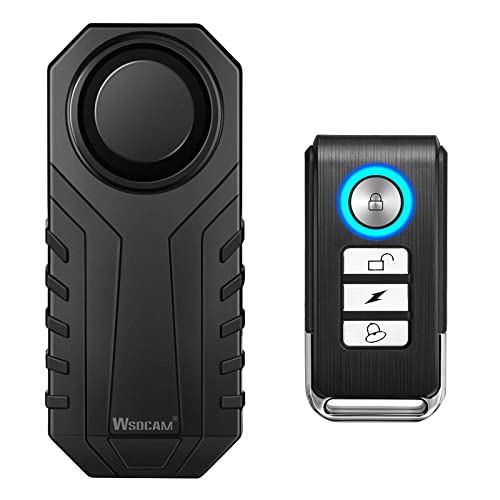Sounds like your mom may be suffering from congestive heart failure (CHF) and has possible atrial fibrillation (AF), which produces blood clots (embolisms or emboli). These can get trapped in the heart, causing a coronary occlusion (heart attack), the lungs (pulmonary embolus), or brain, causing a stroke (cerebral embolus). Commonly prescribed Rx for AF are Coumadin which is a blood thinner, and there are many diuretics to reduce the amount of fluids in the blood, which makes the heart pumping less-taxing on the circulatory system. If she has pulmonary edema (PE), excess fluid in the lungs which as you would think, causes difficulty breathing, this is associated with CHF.
Nitroglycerine (NTG) when placed under the tongue will likely result in a headache as a side effect, but this means it's working, what it does is to cause temporary dilation of coronary blood vessels, and relief of chest pain. Another type is a spray into the mouth, and a longer-release method is the NTG patch which is a trans-dermal Rx.
Classic signs of a myocardial infarction (MI, a heart attack) are a sudden onset of sternal area chest pain radiating front to back, and also to the left arm and the neck. It can also cause intense sweating, pain often described as 'a crushing pressure on my chest, it is hard to breathe.' On a 1 to 10 scale, the pain is often high.
If your mom is having chest pain and the NTG doesn't stop it, take her to the hospital, hopefully you have a fire-rescue squad or a community sponsored ambulance. Have her recent papers available for her recent events, a current list of Rx, and any allergies known. Give this to the rescue crew, along w/her MD's name for her cardiac care and her primary MD's name too. Get copies made of those documents, don't give them the originals to take, you need them. The ambulance should be informing the receiving hospital that they are transporting a cardiac history patient having a continuous episode of chest pain unrelieved by the NTG. Do not delay calling for the ambulance if the NTG doesn't relieve the pain within less than 5 minutes, or the chest pain is severe, or she loses consciousness. NTG is not used if the patient has a low B.P. or if the patient is using something like Cialis or Viagra.The advanced life support ambulances can often give a pain reliever such as morphine sulfate to relieve the pain, and which also helps with coronary vessel dilation, but larger doses can cause respiratory depression. She should be getting a three-lead EKG on scene or monitored en-route to the hospital, and many EMS systems have 12 lead EKG ability now. She should also be getting oxygen via a nasal cannula (low-flow) or a non-rebreather mask (high-flow) which has a reservoir resembling a zip-lock bag beneath the face and nose clear plastic covering.
If the MD won't return your call when your mom has an episode, just have her transported to the hospital. Even a community hospital and not to mention a dedicated heart center should be accepting an elderly chest pain patient with a history of MI's and after NTG doesn't stop the pain.
If your doctor isn't returning your calls, and you have to have your mother returned by ambulance back to the hospital for another cardiac event, try this. The next business day, call the hospital ER chief of staff's office and the hospital chief of staff's office, and tell them you are making a direct complaint to the JCAHO.
http://www.jointcommission.org/standards_information/standards.aspx
Hospitals undergo periodic reviews by JCAHO for their practices and results, and funding for hospitals is now dependent upon them treating patients and in keeping them out of the hospital for the same problem within 30 days of admission, or they may not be paid.
Your mother deserves to be treated competently, to not suffer excessively, and to be given a standard of care compliant with current medical standards.
I am not a physician. I am not diagnosing your mother's condition via the internet, I am stating some common medical facts which are associated with your mother's described condition.






































![Bovemanx Motorcycle Phone Mount Holder, [150mph Wind Anti-Shake][7.2inch Big Phone Friendly] Bike Phone Holder, Motorcycle Handlebar Cell Phone Clamp, Compatible with iPhone 16 Pro Max Smartphones](https://m.media-amazon.com/images/I/51F+1sontPL._SL500_.jpg)
